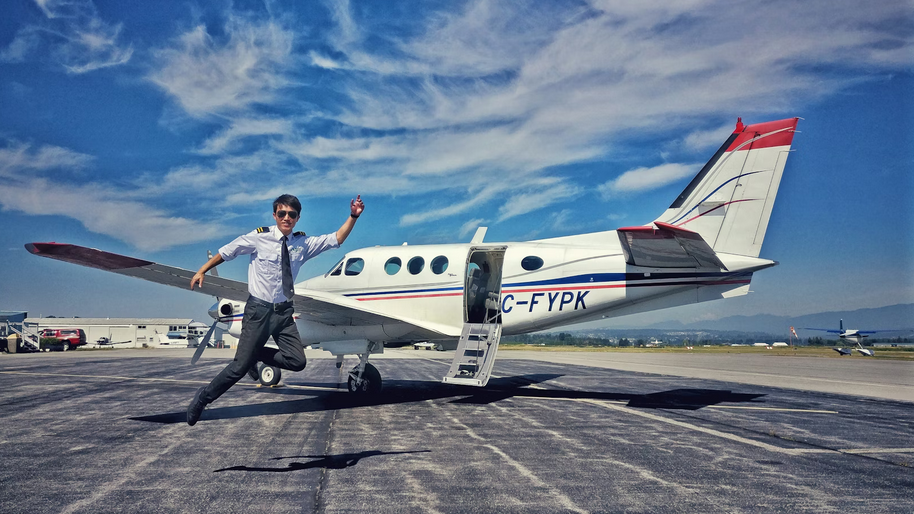Master the Skies: 5 Tips for Success In Flight Training School
So, you’ve decided to spread your wings and take flight training school by storm? Congratulations! You’re about to embark on an exhilarating journey that will have you soaring through the clouds in no time. But before you strap yourself into the cockpit, let’s talk strategy. Mastering the skies isn’t just about fancy maneuvers and cool aviator shades (although those definitely help). It’s about dedication, perseverance, and a sprinkle of insider knowledge. Fear not, aspiring pilots, because I’ve got five tips to ensure your success in flight training school. So, buckle up and prepare for takeoff!
Stay Grounded
Before conquering the heavens, you need a solid understanding of the earth beneath your feet. Ground school might not have the glamour of airborne adventures, but it lays the foundation for your aviation dreams. Pay attention in class, devour those textbooks like they’re the latest bestsellers, and don’t be afraid to ask questions. From aerodynamics to aviation regulations, soak up every nugget of knowledge like a sponge. Trust me, it’ll come in handy when you’re cruising at 30,000 feet and need to troubleshoot a pesky engine glitch.
Embrace the Simulator
Ah, the flight simulator – every pilot’s best friend and worst nightmare rolled into one. Sure, it might not have the thrill of an actual flight, but it’s the next best thing (minus the airsickness bags). Treat the simulator like your personal playground, where mistakes are lessons in disguise. Practice those takeoffs and landings until they’re second nature, and don’t shy away from challenging scenarios.

Build Relationships
Aviation isn’t just about solo missions and lone wolf antics – it’s a community built on camaraderie and collaboration. Get to know your fellow students, instructors, and industry professionals. You never know when a networking connection might open doors to new opportunities or offer invaluable advice. Plus, sharing stories and swapping flying tips over coffee is a great way to stay motivated when the skies seem daunting.
Practice Patience
Rome wasn’t built in a day, nor was it a skilled aviator. Flight training is a marathon, not a sprint, so buckle in for the long haul. There will be days when you feel like a top gun, effortlessly nailing every maneuver. And then there will be days when you wonder if you’ve somehow forgotten how to fly. Embrace the highs and lows equally, and remember that progress isn’t always linear. Trust in your abilities, stay resilient, and celebrate every milestone – no matter how small.
Stay Curious
The sky’s the limit when it comes to learning in aviation. Never lose that insatiable curiosity that sparked your passion for flight in the first place. Whether you devour aviation literature, attend airshows, or explore new aircraft technologies, keep feeding your thirst for knowledge. The more you know, the more confident and capable you’ll become as a pilot.
And there you have it, my fellow aviators – five tips to steer you towards success in flight training school. Remember, becoming a pilot isn’t just about earning a license; it’s about embracing a lifestyle of adventure, responsibility, and endless possibilities.…






